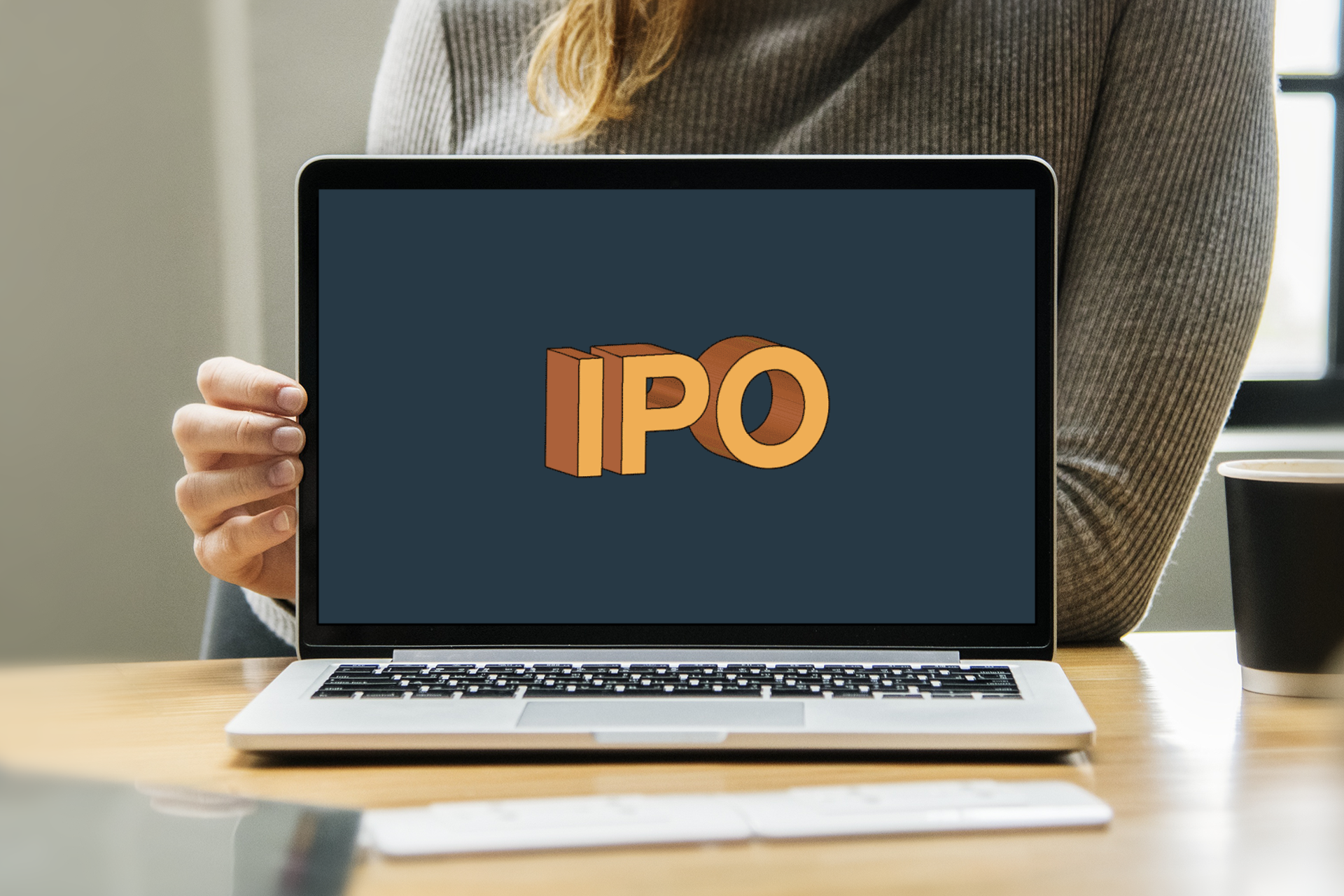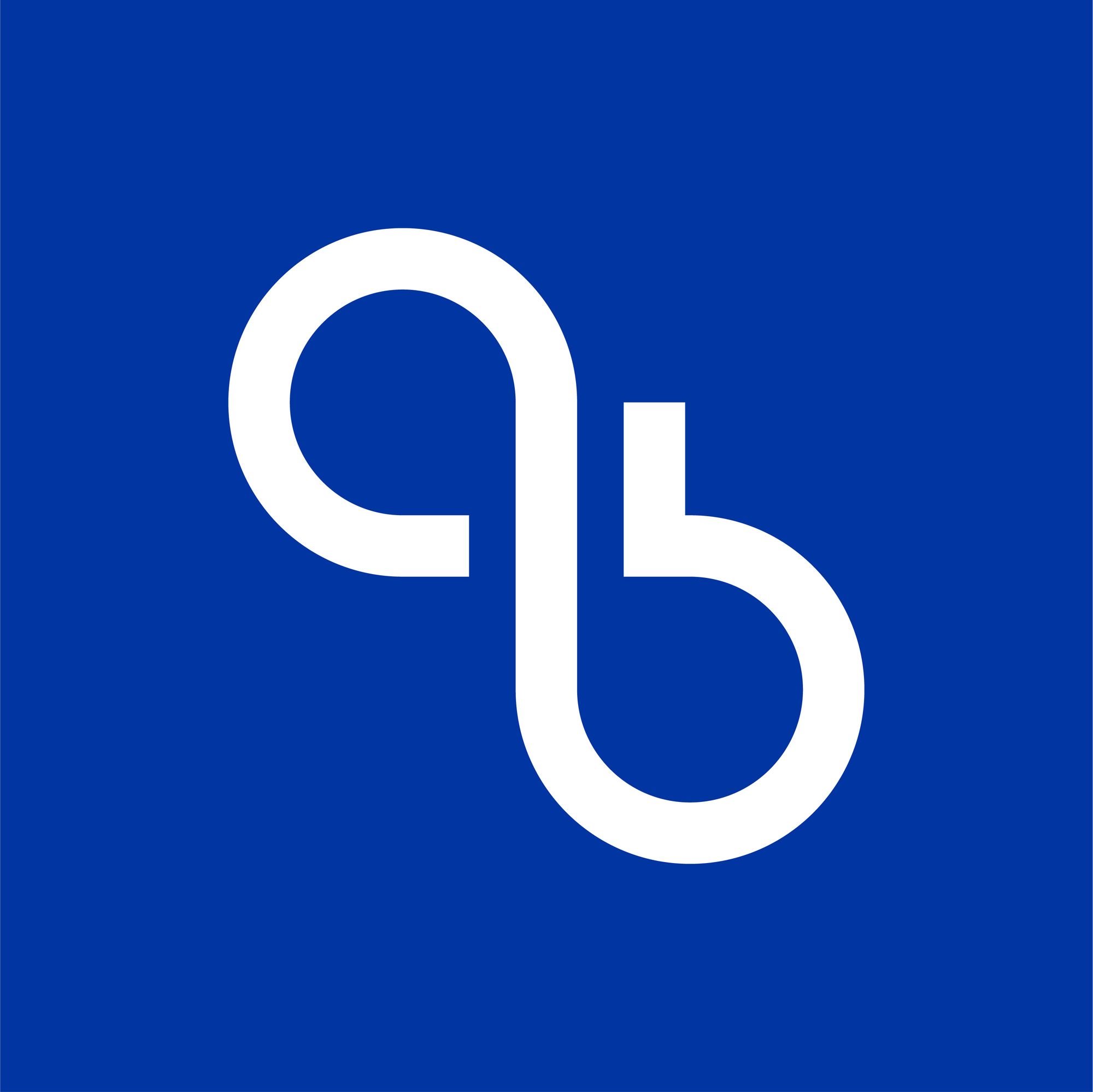What is an IPO and how it works
IPO is a process of offering shares of a private corporation to the public in a new stock issuance. Why go public? The primary benefit of going public is easier access to capital.
To go public, a company must have a track record of growth and other favorable results and hire an investment bank to come in and underwrite the IPO. The underwriters also performed due diligence and verified financial information and business model.
Once the paperwork done, the company sells the stock to institutional investors. When the initial block of shares has been sold, the company sets an initial price and date for the stock to begin trading on a stock exchange.

How to Participate in an IPO (Offering Price)
In the past, IPOs as highly profitable investments were available only to the privileged customers of the leading brokerage firms and it was challenging for retail investors to gain access. You couldn't buy shares paying the price set by the company and you had to wait until the shares actually start trading on the public stock market at whatever stock price supply and demand allows.
Technologies and marketplaces changed the rules of the game, now regular investors can get pre-IPO shares. To participate in an IPO you need to use an IPO investing app like Freedom Finance (NASDAQ: FRHC), TD Ameritrade or Fidelity. Also you can use a platform like IPObase to compare brokers and find available brokers in your region to buy IPO socks. They give its customers access to IPOs and secondary offerings through their existing brokerage account. After the IPO you can buy shares via a commission-free trading app like eToro.

